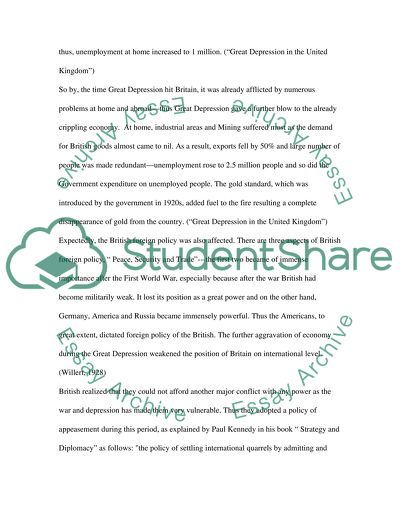Cite this document
(“The Effects Of Great Depression On Foreign Policy Essay”, n.d.)
The Effects Of Great Depression On Foreign Policy Essay. Retrieved from https://studentshare.org/history/1511046-the-effects-of-great-depression-on-foreign-policy
The Effects Of Great Depression On Foreign Policy Essay. Retrieved from https://studentshare.org/history/1511046-the-effects-of-great-depression-on-foreign-policy
(The Effects Of Great Depression On Foreign Policy Essay)
The Effects Of Great Depression On Foreign Policy Essay. https://studentshare.org/history/1511046-the-effects-of-great-depression-on-foreign-policy.
The Effects Of Great Depression On Foreign Policy Essay. https://studentshare.org/history/1511046-the-effects-of-great-depression-on-foreign-policy.
“The Effects Of Great Depression On Foreign Policy Essay”, n.d. https://studentshare.org/history/1511046-the-effects-of-great-depression-on-foreign-policy.


